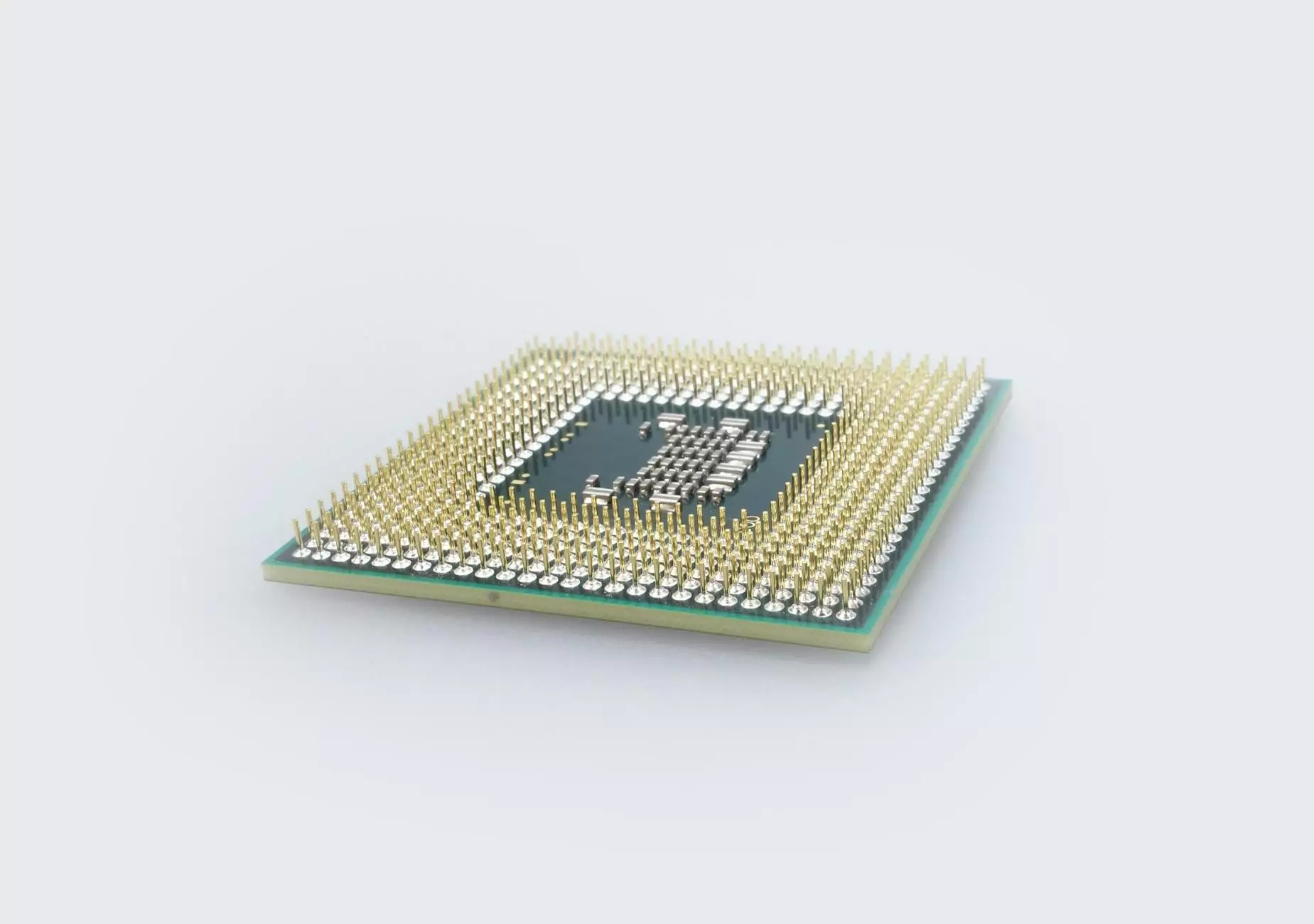Understanding the Importance of Grain Management in Agriculture

Grain management is a critical aspect of modern agriculture that significantly impacts the bottom line of farming operations. Efficient handling, storage, and processing of grain can determine the profitability and sustainability of farming ventures. In today's competitive farming environment, optimizing grain management practices is more crucial than ever.
What is Grain Management?
Grain management refers to the systematic processes involved in the handling, storage, and movement of grains throughout the farming lifecycle. This includes:
- Harvesting: The process of gathering mature crops from the fields.
- Storing: Keeping harvested grain in optimal conditions to prevent spoilage and quality degradation.
- Processing: Transforming raw grains into a desired form for transport or sale.
- Distribution: The logistics involved in moving grain from farms to markets.
The Role of Technology in Grain Management
Advancements in technology have revolutionized grain management. Modern farming equipment now comes equipped with sophisticated features that allow farmers to monitor and control grain quality effectively. Here are some essential technologies that play a vital role in grain management:
- Precision Agriculture: Utilizing GPS and data analytics to manage and optimize farming practices.
- Automated Grain Handling Systems: Streamlining the process of moving grain from the field to storage.
- Grain Monitoring Sensors: Implementing real-time sensors that track moisture levels, temperature, and other critical factors to ensure grain quality.
Benefits of Effective Grain Management
Implementing robust grain management practices can lead to numerous advantages for farmers, including:
- Improved Product Quality: Ensuring that grain is stored under ideal conditions helps maintain its quality and nutritional value.
- Reduced Waste: Efficient handling and storage minimize losses due to spoilage, pests, or environmental factors.
- Cost Savings: Streamlined processes reduce operational costs over time, enhancing profit margins.
- Enhanced Market Access: Well-managed grain can be sold at premium prices, yielding higher revenue.
Best Practices in Grain Management
To achieve optimal results in grain management, farmers should adopt the following best practices:
1. Choose the Right Equipment
Investing in appropriate farming equipment is crucial. This includes:
- Combine Harvesters: Efficiently harvest grains while minimizing damage.
- Grain Bins: Provide a controlled environment for storing grain.
- Conveyors and Elevators: Facilitate the effortless movement of grain.
2. Implement Proper Storage Techniques
Grain should be stored under conditions that prevent spoilage. Essential considerations include:
- Temperature Control: Keep grain at a temperature that inhibits mold and pest growth.
- Moisture Management: Regularly monitor moisture levels and dry grain as necessary.
- Ventilation: Ensure proper airflow within storage facilities to maintain consistent conditions.
3. Conduct Regular Quality Checks
Regular inspection of grain quality can help farmers take necessary action before issues escalate. This includes:
- Testing for moisture levels.
- Checking for signs of pest infestation.
- Monitoring the overall condition of storage facilities.
Challenges in Grain Management
While effective grain management offers numerous benefits, it is not without challenges. Farmers need to navigate various hurdles, including:
- Pest Infestation: Insects and rodents can cause significant damage and loss of stored grain.
- Weather Variability: Changes in climate can impact both storage conditions and harvest times.
- Regulatory Compliance: Farmers must adhere to various regulations governing grain storage and transportation.
Innovations in Grain Management
The future of grain management looks promising, with innovations paving the way for enhanced efficiency and effectiveness. Some upcoming trends include:
- Smart Farming Solutions: IoT (Internet of Things) devices for real-time monitoring and management.
- A.I. in Decision Making: Using artificial intelligence to predict crop yields and optimal harvest times.
- Sustainable Practices: Implementing eco-friendly methods to improve storage and reduce environmental impact.
Conclusion
In conclusion, grain management is a fundamental aspect of agricultural success that requires a blend of modern technology, best practices, and continuous innovation. By focusing on effective grain management, farmers can not only enhance their production efficiency but also secure their profitability in the competitive market.
At TSGC Inc., we specialize in providing top-notch farm equipment repair services and solutions that enhance your farming operations. Invest in effective grain management today, and witness the transformation it can bring to your agricultural practices.









